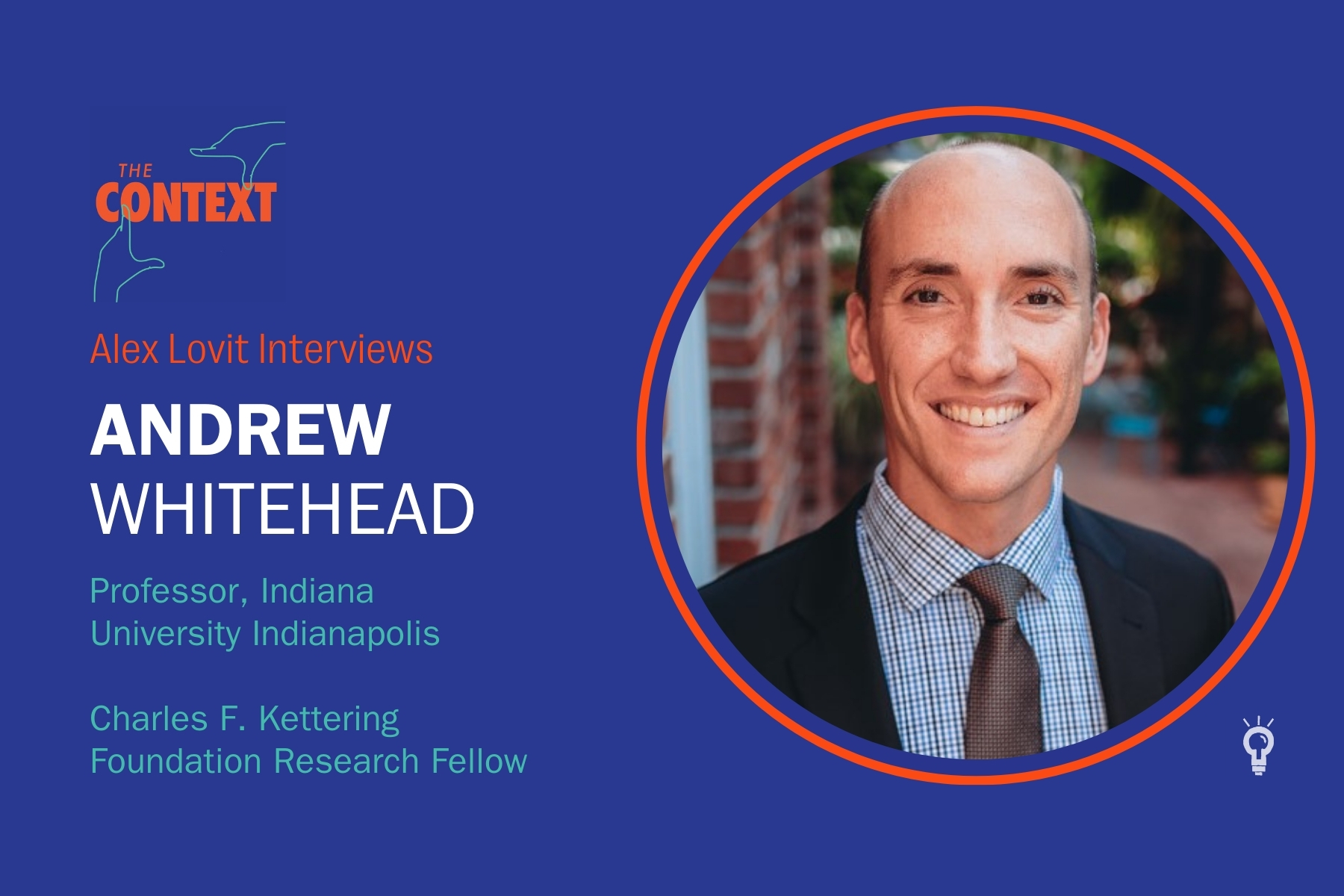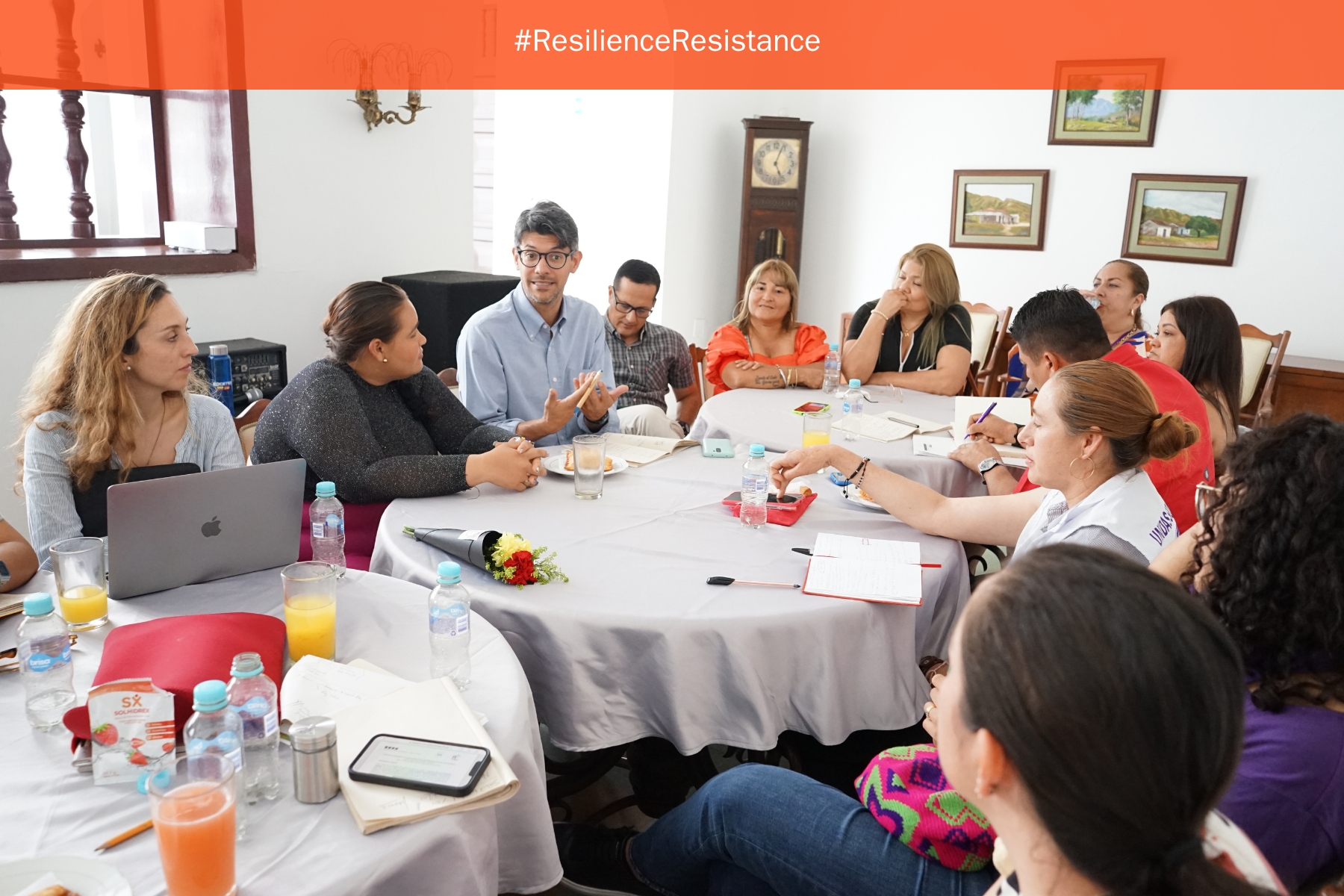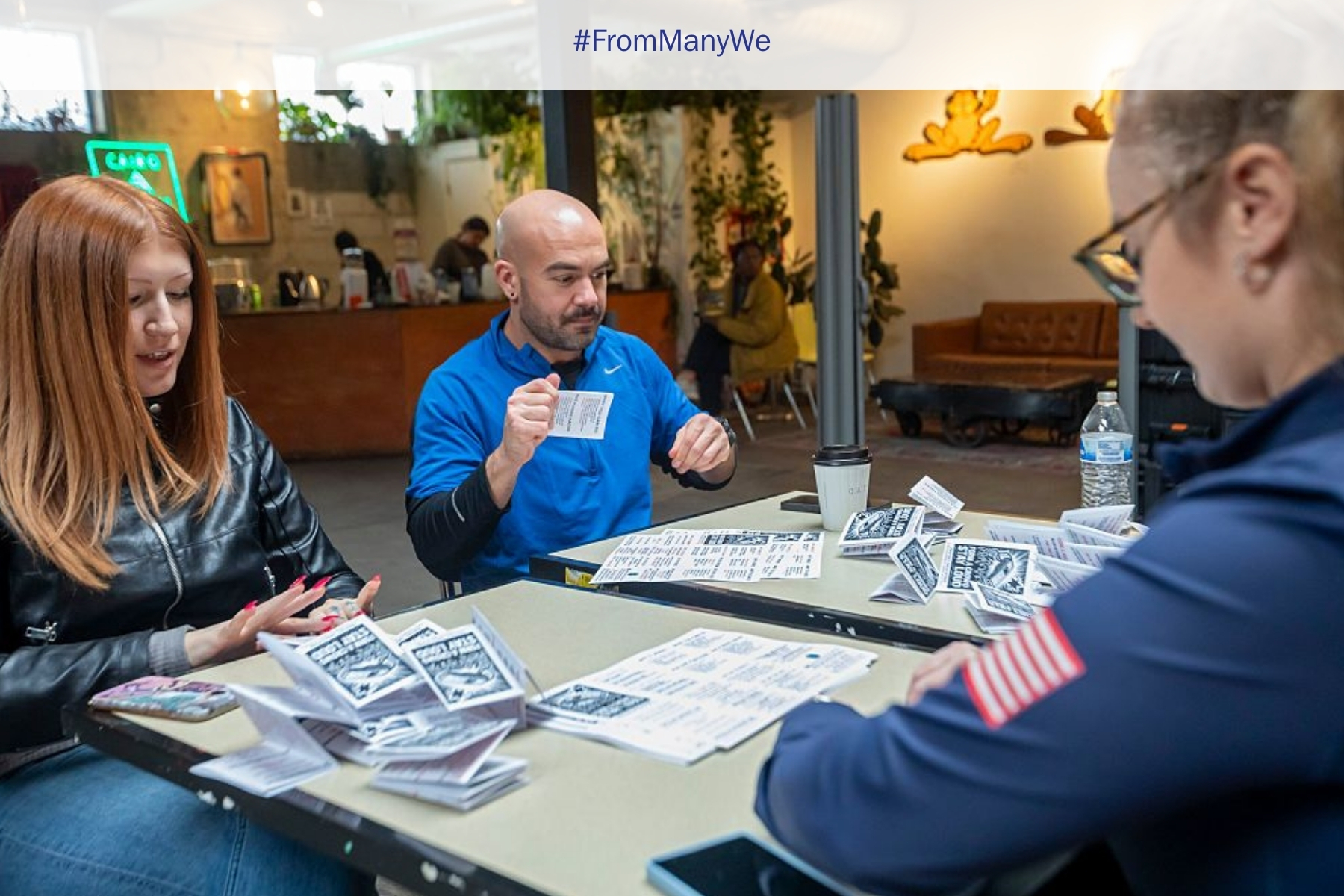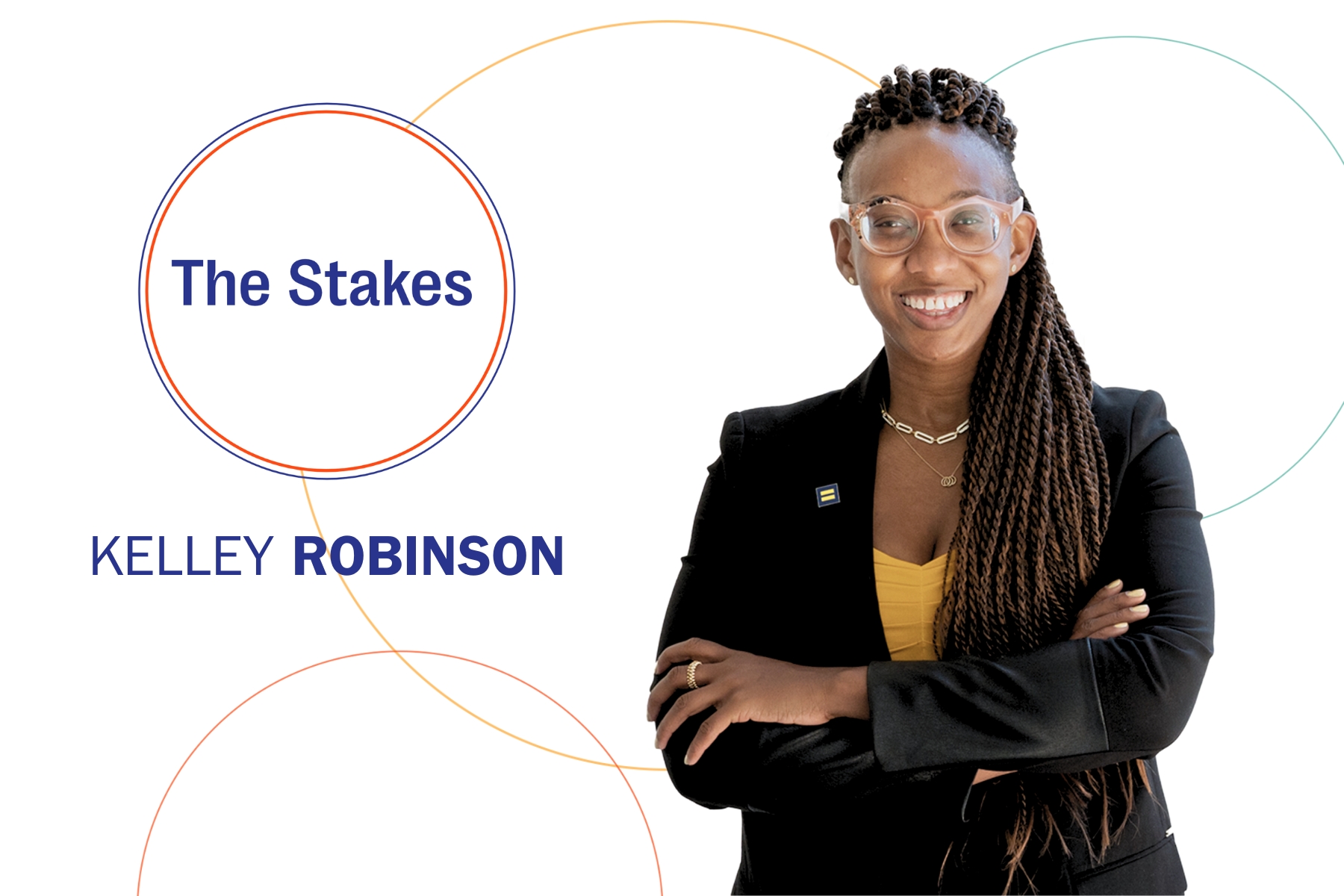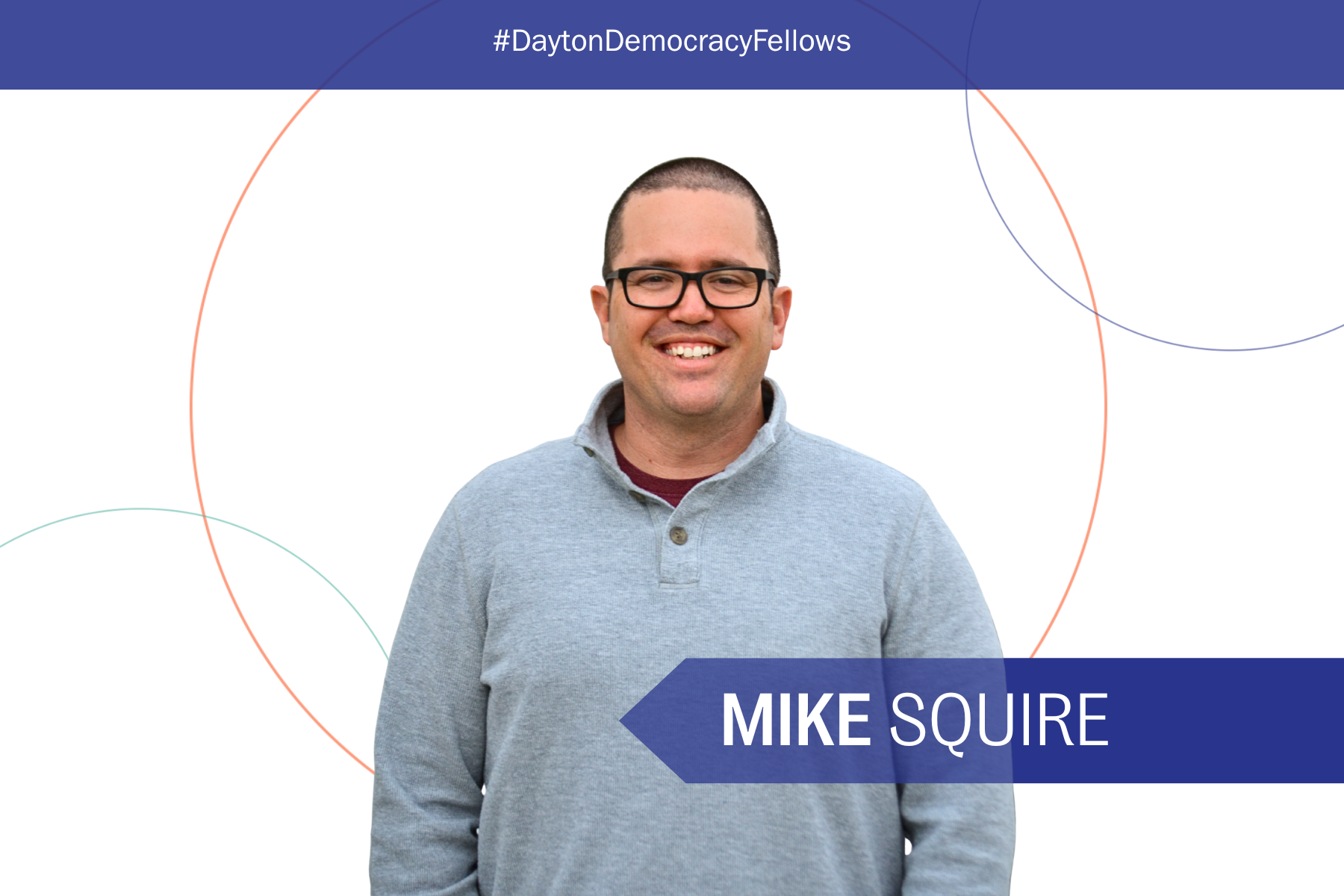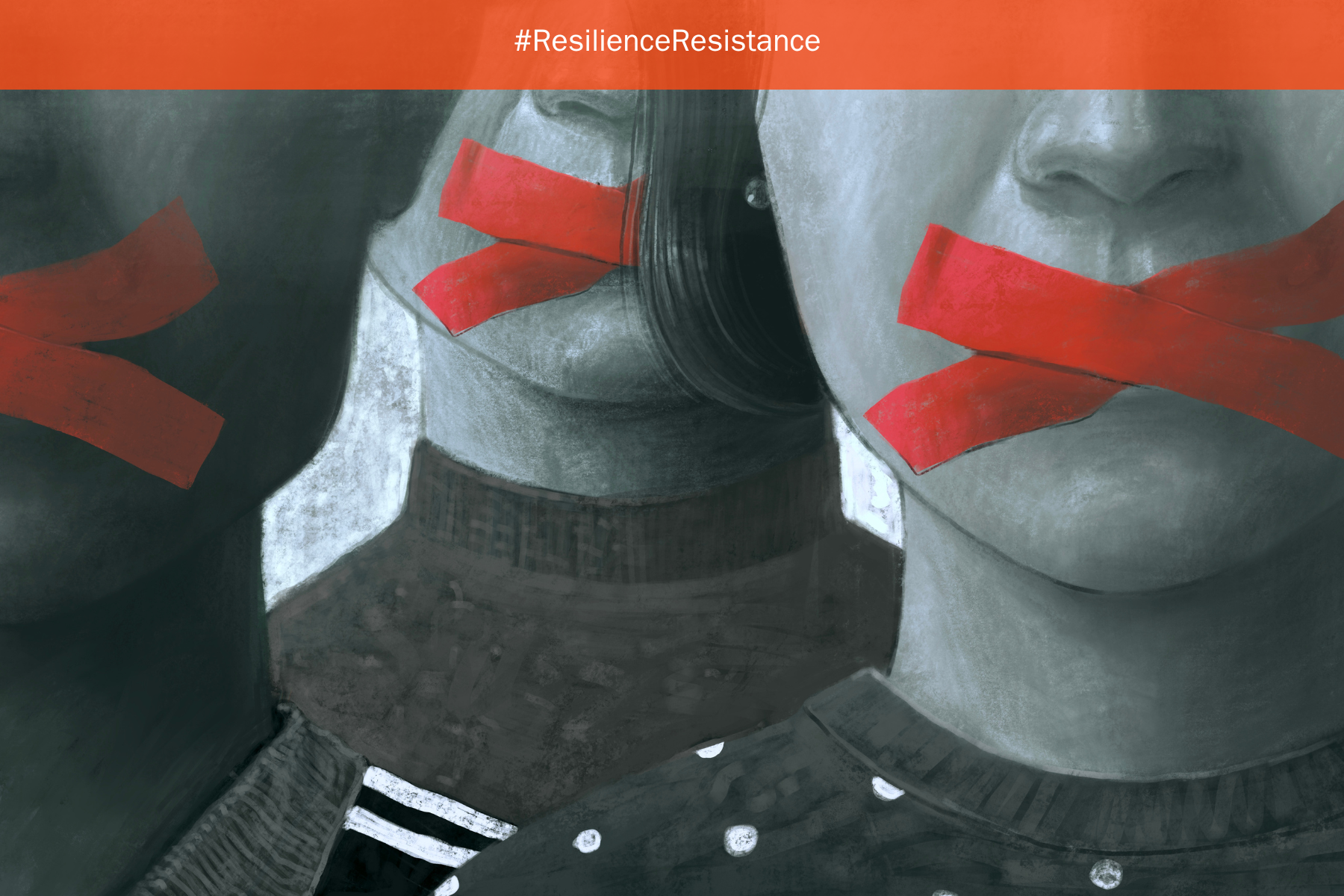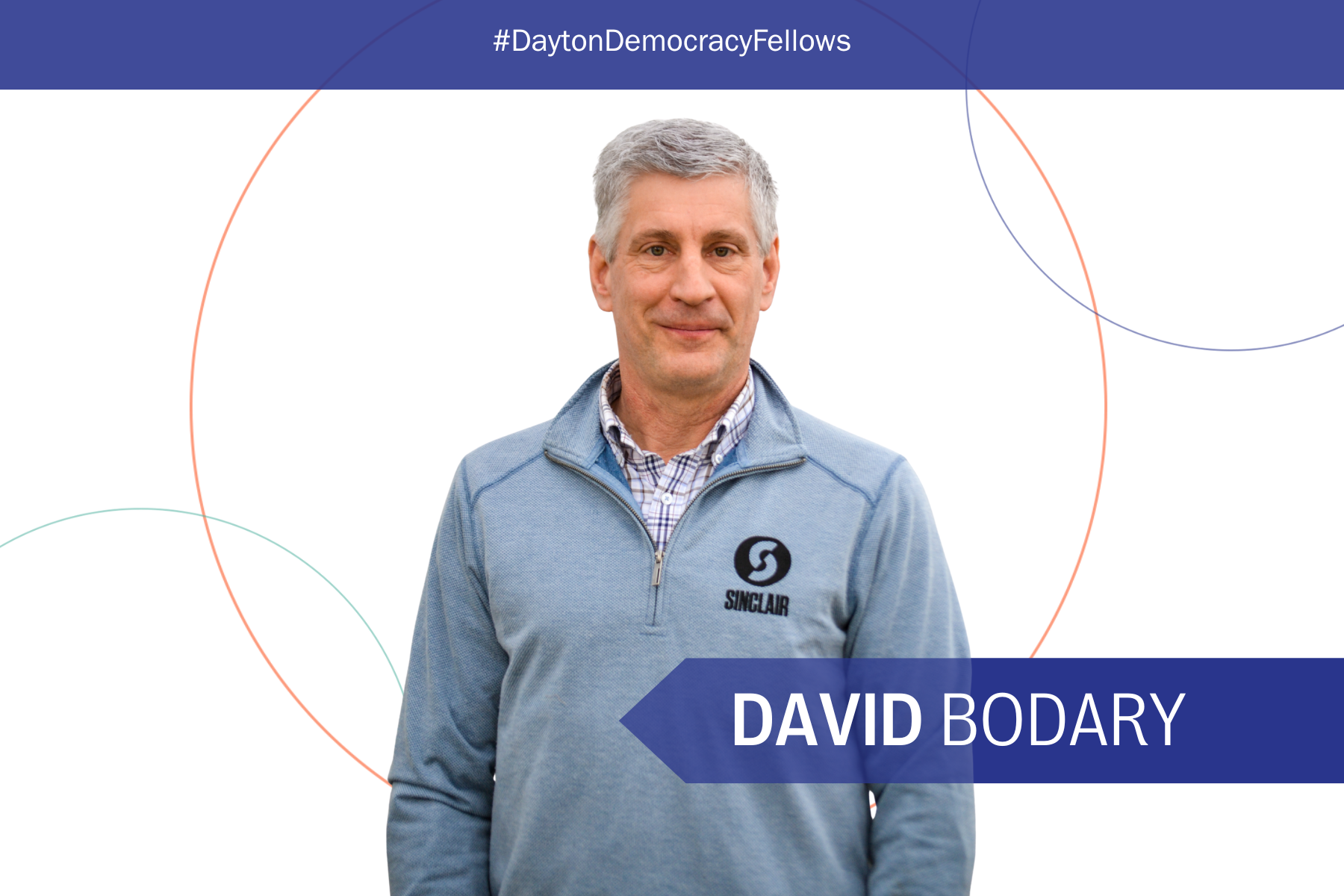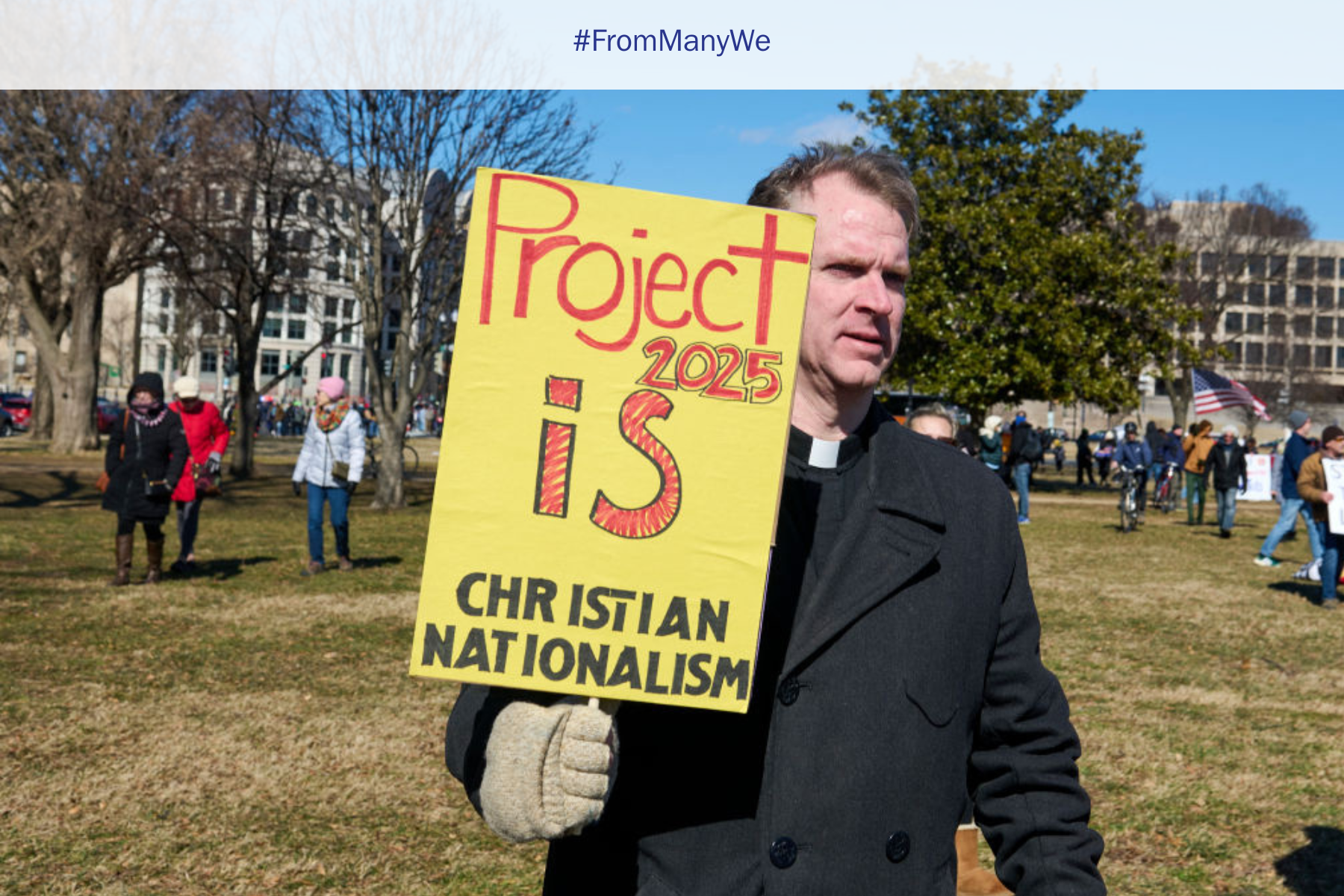Ashley Wright: Training Future Leaders

The Kettering Foundation’s Dayton Democracy Fellowship is a program that supports innovative leaders, changemakers, and dreamers who are building movements for inclusive democracy in their communities and in our wider world. This series of articles about the Dayton Democracy Fellows highlights their robust work and the powerful narratives that drive the advancement and defense of democracy.
With more than a decade of experience educating students at the secondary and postsecondary levels in Dayton, Kettering Foundation Dayton Democracy Fellow Ashley Wright is a teacher to her core. A Cleveland native who first came to Wilberforce, Ohio, to attend Central State University for college, her passion for the field inspired her several years ago to pursue a doctorate in educational leadership at the University of Dayton. She began working as a graduate assistant at the university's Fitz Center for Leadership in Community. Within a year, she soon had an opportunity to practice her skills in an unexpected way: as director of educational engagement programs for the Fitz Center.
In that role, Wright helps foster relationships between the Fitz Center and local educational and nonprofit institutions. She also supports these organizations by working with a cohort of college students during the academic year and interns during the summer. For most students, the experience lasts a year. "It's meant to be deep engagement for students . . . education by doing," she said. "We know that students learn best when they're immersed in an experience, as opposed to just listening to somebody talk about it." And, she said, "I get to still teach. I'm always teaching, right?" Wright laughed.
In what she calls "deep learning," she ensures the students have opportunities to learn about education policy and how that could have an impact on student learning. She arranges for outside speakers to give their views. "What it does is it opens them up to an array of perspectives. . . . They get to see directly how democracy affects educational outcomes, and I think that's really rich for them," Wright said.
She encourages students to have an "asset-based mindset," one that assumes all students can learn and that communities have the intrinsic capacity to get the outcomes they need. "They should not see a person's lack of resources as an overall snapshot of their abilities or capabilities," said Wright. She wants her students to avoid having a "savior complex" and see that just because students in a classroom may come from historically underserved economic backgrounds, their financial circumstances are not the whole story. "They have assets that you don't have," she said.
Wright tries to help her students have open, curious, and questioning minds. "It isn't until you know yourself and have some self-awareness that you can . . . see things from other people's perspective or understand the ways that systems or infrastructure has a direct impact on the educational outcome of a population," she said.
The best teachers, the transformative ones, help students find their own center and form their own opinions, not just from their experiences but also armed with facts and data, Wright said. Otherwise, teachers just tell students how to think, instead of helping them think for themselves. There is a big difference between the two, Wright said. "A conversation is listening to understand. We get practice in having constructive conversations, a pedagogical approach baked into the program." This practice, she adds, also strengthens democracy along the way.
"I want them to be leaders who take what they learn from this program and be better leaders for the future generations," Wright said.
Maura Casey is a former editorial writer for the New York Times and has worked with the Kettering Foundation since 2010.
